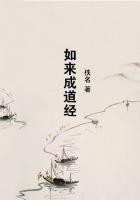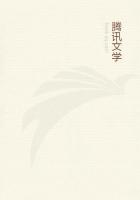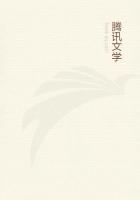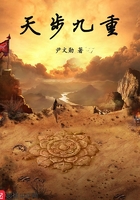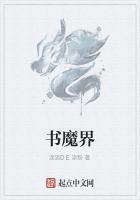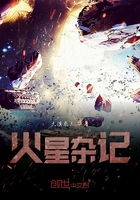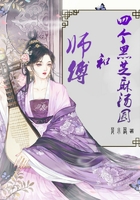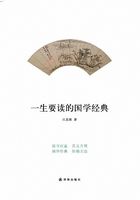That other leading city of Greece, Lacedaemon, considering that Lycurgus their lawgiver was so addicted to elegant learning, as to have been the first that brought out of Ionia the scattered works of Homer, and sent the poet Thales from Crete to prepare and mollify the Spartan surliness with his smooth songs and odes, the better to plant among them law and civility, it is to be wondered how museless and unbookish they were, minding nought but the feats of war. There needed no licensing of books among them, for they disliked all but their own laconic apophthegms, and took a slight occasion to chase Archilochus out of their city, perhaps for composing in a higher strain than their own soldierly ballads and roundels could reach to. Or if it were for his broad verses, they were not therein so cautious but they were as dissolute in their promiscuous conversing; whence Euripides affirms in Andromache, that their women were all unchaste. Thus much may give us light after what sort of books were prohibited among the Greeks.
The Romans also, for many ages trained up only to a military roughness resembling most the Lacedaemonian guise, knew of learning little but what their twelve Tables, and the Pontific College with their augurs and flamens taught them in religion and law; so unacquainted with other learning, that when Carneades and Critolaus, with the Stoic Diogenes, coming ambassadors to Rome, took thereby occasion to give the city a taste of their philosophy, they were suspected for seducers by no less a man than Cato the Censor, who moved it in the Senate to dismiss them speedily, and to banish all such Attic babblers out of Italy. But Scipio and others of the noblest senators withstood him and his old Sabine austerity;honoured and admired the men; and the censor himself at last, in his old age, fell to the study of that whereof before he was so scrupulous. And yet at the same time Naevius and Plautus, the first Latin comedians, had filled the city with all the borrowed scenes of Menander and Philemon. Then began to be considered there also what was to be done to libellous books and authors; for Naevius was quickly cast into prison for his unbridled pen, and released by the tribunes upon his recantation; we read also that libels were burnt, and the makers punished by Augustus. The like severity, no doubt, was used, if aught were impiously written against their esteemed gods. Except in these two points, how the world went in books, the magistrate kept no reckoning.
And therefore Lucretius without impeachment versifies his Epicuri** to Memmius, and had the honour to be set forth the second time by Cicero, so great a father of the Commonwealth; although himself disputes against that opinion in his own writings. Nor was the satirical sharpness or naked plainness of Lucilius, or Catullus, or Flaccus, by any order prohibited. And for matters of state, the story of Titus Livius, though it extolled that part which Pompey held, was not therefore suppressed by Octavius Caesar of the other faction. But that Naso was by him banished in his old age, for the wanton poems of his youth, was but a mere covert of state over some secret cause: and besides, the books were neither banished nor called in. From hence we shall meet with little else but tyranny in the Roman empire, that we may not marvel, if not so often bad as good books were silenced. I shall therefore deem to have been large enough, in producing what among the ancients was punishable to write; save only which, all other arguments were free to treat on.
By this time the emperors were become Christians, whose discipline in this point I do not find to have been more severe than what was formerly in practice. The books of those whom they took to be grand heretics were examined, refuted, and condemned in the general Councils; and not till then were prohibited, or burnt, by authority of the emperor. As for the writings of heathen authors, unless they were plain invectives against Christianity, as those of Porphyrius and Proclus, they met with no interdict that can be cited, till about the year 400, in a Carthaginian Council, wherein bishops themselves were forbid to read the books of Gentiles, but heresies they might read: while others long before them, on the contrary, scrupled more the books of heretics than of Gentiles. And that the primitive Councils and bishops were wont only to declare what books were not commendable, passing no further, but leaving it to each one's conscience to read or to lay by, till after the year 800, is observed already by Padre Paolo, the great unmasker of the Trentine Council.
After which time the Popes of Rome, engrossing what they pleased of political rule into their own hands, extended their dominion over men's eyes, as they had before over their judgments, burning and prohibiting to be read what they fancied not; yet sparing in their censures, and the books not many which they so dealt with:
till Martin V., by his bull, not only prohibited, but was the first that excommunicated the reading of heretical books; for about that time Wickliffe and Huss, growing terrible, were they who first drove the Papal Court to a stricter policy of prohibiting. Which course Leo X. and his successors followed, until the Council of Trent and the Spanish Inquisition engendering together brought forth, or perfected, those Catalogues and expurging Indexes, that rake through the entrails of many an old good author, with a violation worse than any could be offered to his tomb. Nor did they stay in matters heretical, but any subject that was not to their palate, they either condemned in a Prohibition, or had it straight into the new purgatory of an index.
To fill up the measure of encroachment, their last invention was to ordain that no book, pamphlet, or paper should be printed (as if St. Peter had bequeathed them the keys of the press also out of Paradise) unless it were approved and licensed under the hands of two or three glutton friars. For example:

